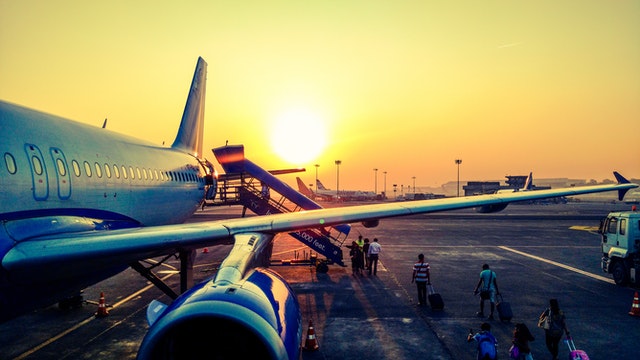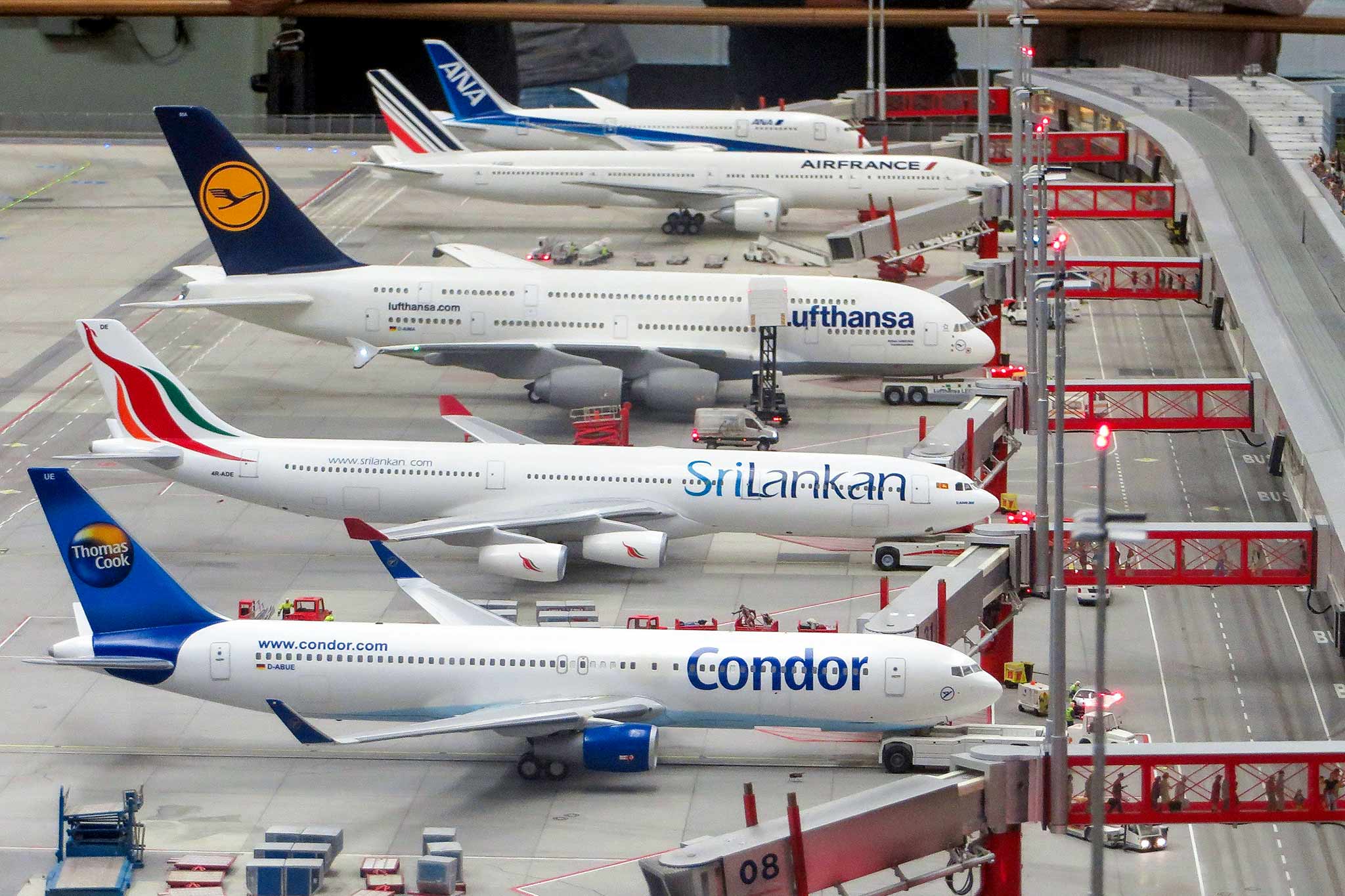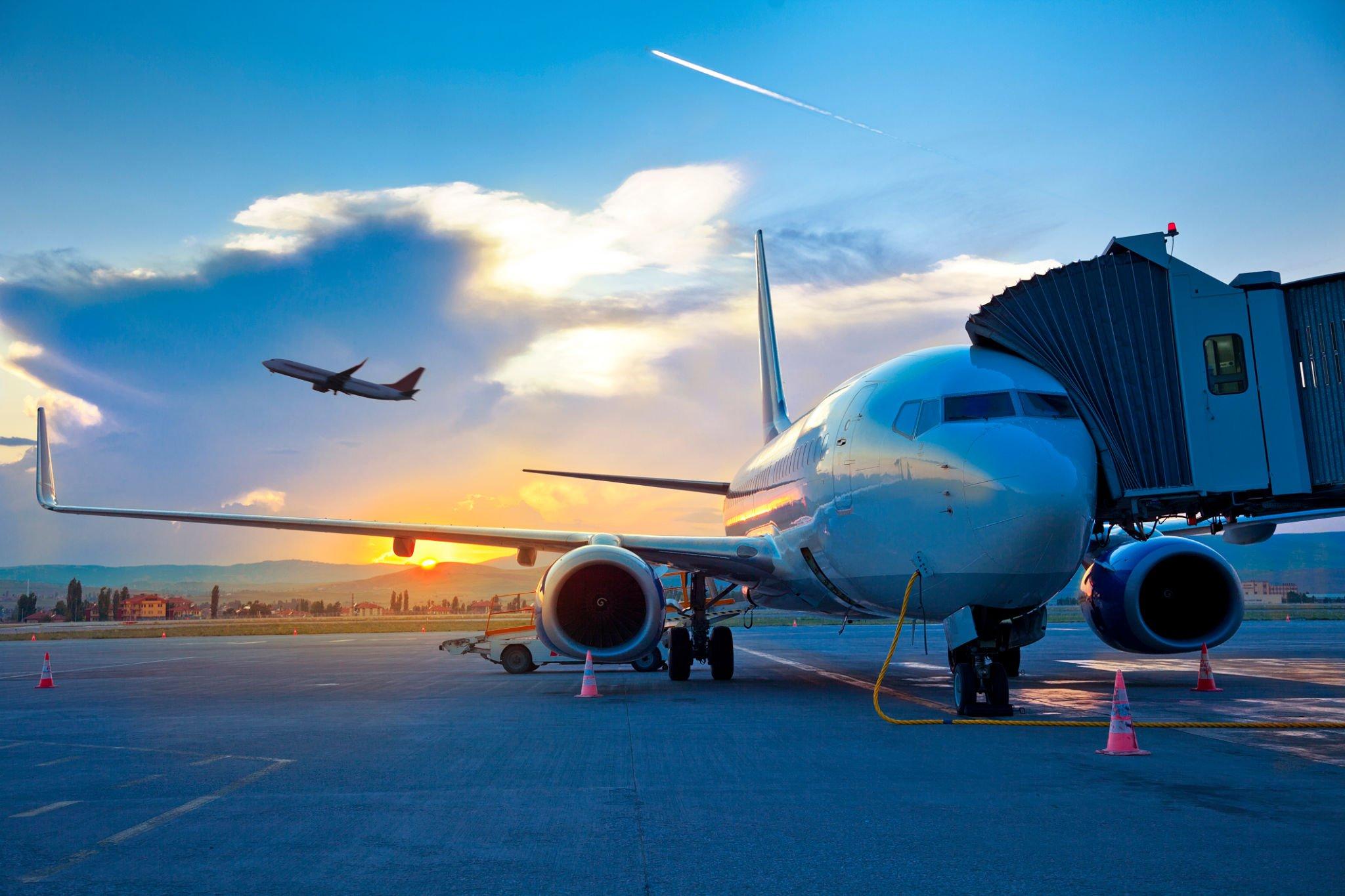

As the economy continues to reopen, congestion in the air and on the ground is back. Busy airports lead to busy gates and busy ground crews—and time is of the essence. To avoid burning fuel unnecessarily and reduce carbon dioxide (CO2), the use of artificial intelligence in aviation can help airlines to stay focused on winning every small battle to reduce friction upon arrival and ultimately win the dependability battle.
The Link Between Congestion and Fuel Burn
While airlines continue to restore capacity and the skies become congested once again, the consumption of jet fuel increases. With the price of oil soaring in 2021, it will become even more imperative for airlines to find ways to become fuel efficient, not only to reduce costs but also to show consistent actions to achieve their sustainability goals.
An area of opportunity is upon arrival by eliminating the friction that is often evident as the aircraft approaches the gate. The aircraft may have to hold short of the gate while the crew gets into position, or while obstacles are cleared. Another area of opportunity is to minimize the time it takes for the airport personnel to connect the passenger loading bridge.
An aircraft holding on the ground often has the APU running and one or two engines idling which translates into unnecessary fuel consumption and CO2 emissions.
Eliminating the friction upon arrival the airlines can improve the customer experience, reduce costs, improve dependability and be better with the environment.
How Can Your Airline Implement the Use of Artificial Intelligence in Aviation?
By reducing the number and length of aircraft hold events, your airline can reduce engine and APU fuel burn. Artificial intelligence can help facilitate a smoother arrival process to receive and service an aircraft as soon as it lands. Here are a few ways that a comprehensive AI tool can help:
#1: Immediate Alerts for Ground Crews
A comprehensive AI tool should detect obstacles in the safety envelope, proper loading bridge parking, and the presence of guide men to send immediate alerts for action. This will make it more likely that ground personnel will be ready to receive an incoming flight and provide services.
Your AI system should also alert you when ground assistance (GPU and AC) units are connected to allow an aircraft to turn off its APU.
#2: Track Your Carbon Emissions
An AI solution should also help you to track CO2 savings. By reducing avoidable disruptions on the ground, the pilots can turn off the engines and the APU quickly. Most international airlines have agreed to join the CORSIA initiative, which is a Carbon Emissions Offsetting scheme pioneered by ICAO; having the ability to track emissions savings is now more important than ever.
AI is the Future for Aviation
The use of artificial intelligence in aviation is largely uncharted territory for ground operations—but a partner like Synaptic Aviation can help you implement a technological solution with ease. Considering that U.S. airlines spent $1.27 billion in fuel this year, cutting back on fuel costs by even 1% can lead to massive savings.
Ready to test our AI? Let Synaptic Aviation show you how simple and effective it can be to implement. Request a demo today at www.synapticaviation.com or contact us at 844-505-4496.

Learn more, request a demo
Get Demo
 Recent Posts
Recent Posts 

Commercial Aviation Accidents Are at an All-Time Low, So Why are Airport Ramp Accidents Not Improving?
It is extremely rare these days to hear news about fatal commercial aviation accidents. Despite zero fatal accidents in 2023 compared to twelve in 1980, the yearly number of flights has more than quadrupled.
By Nicholas Casamayor April 13, 2024
